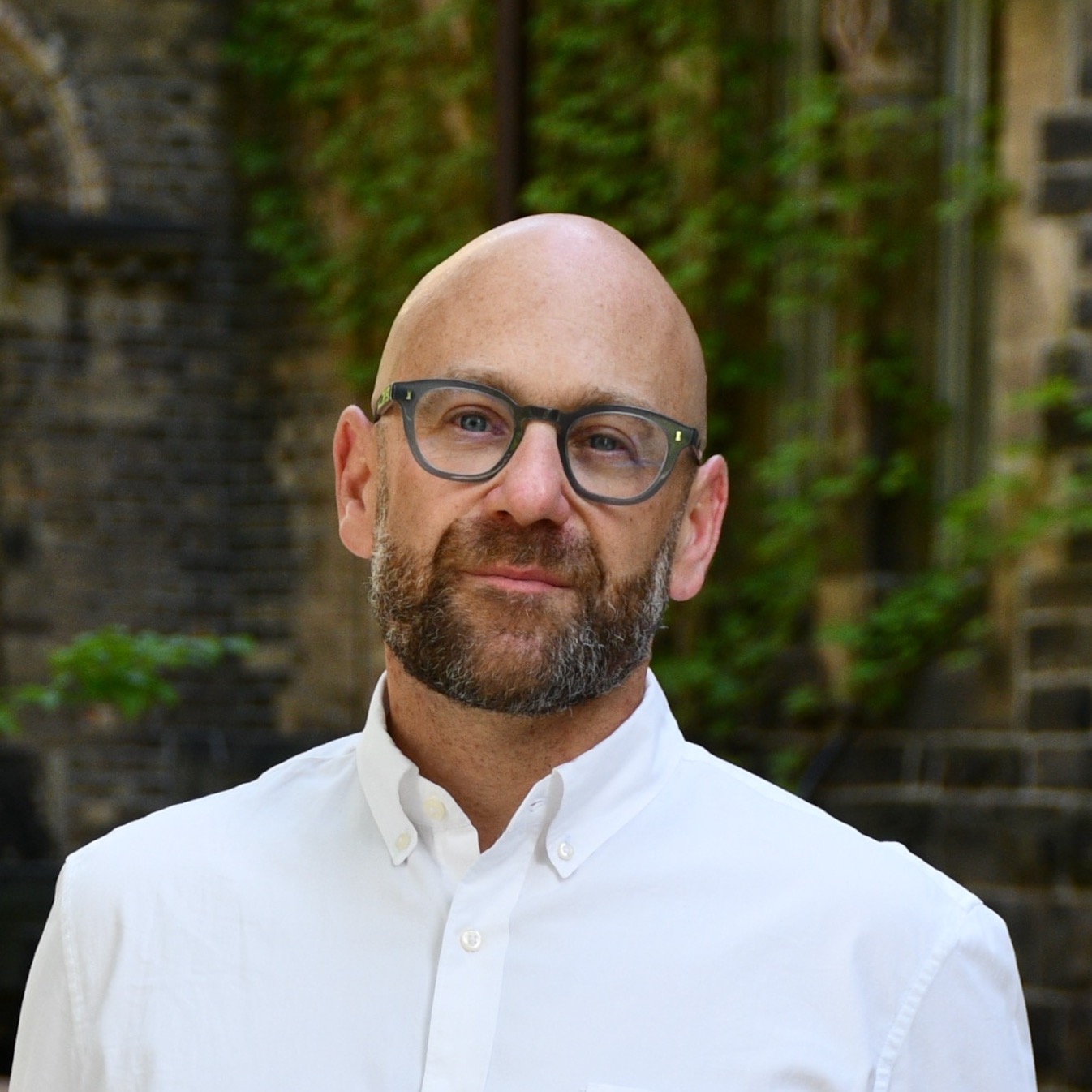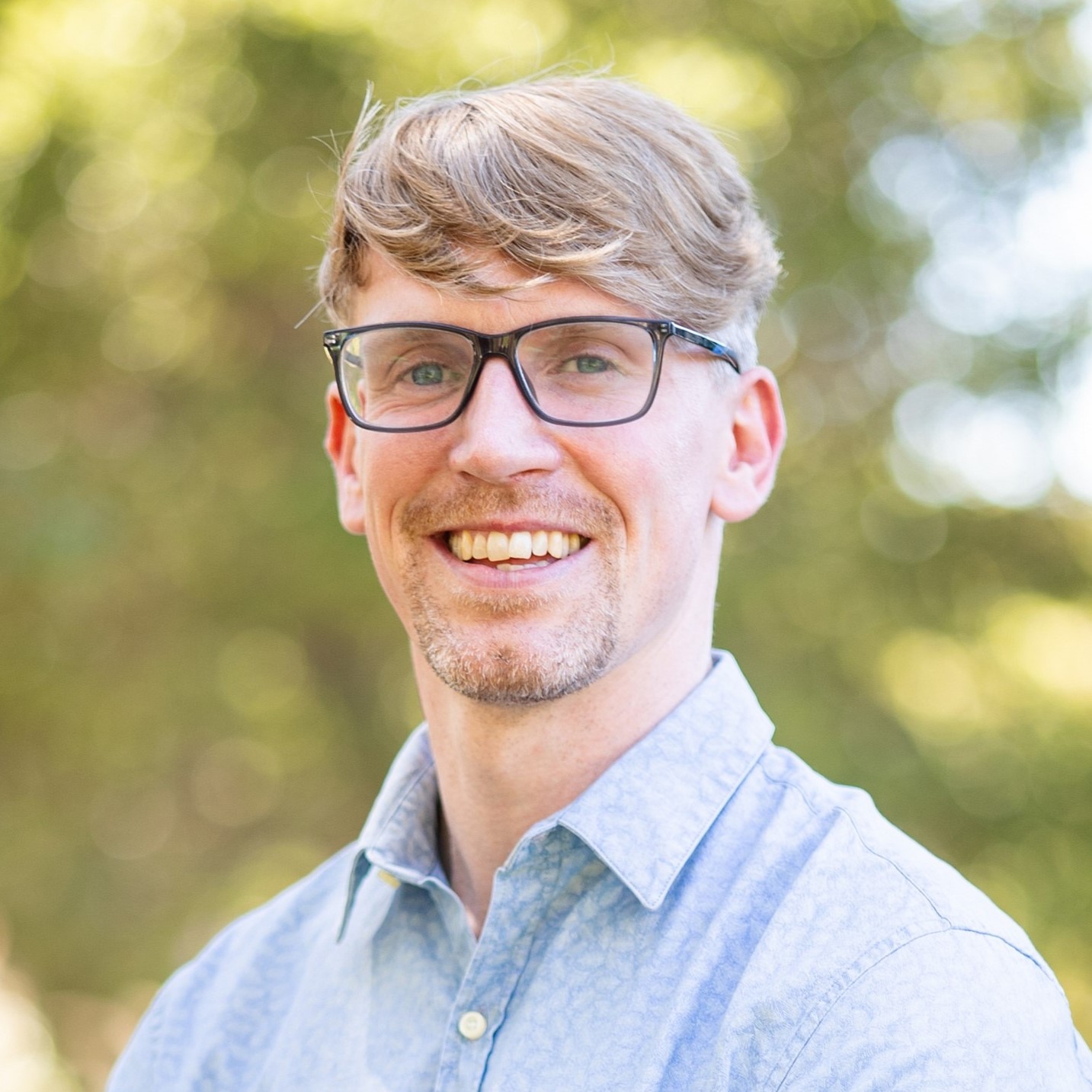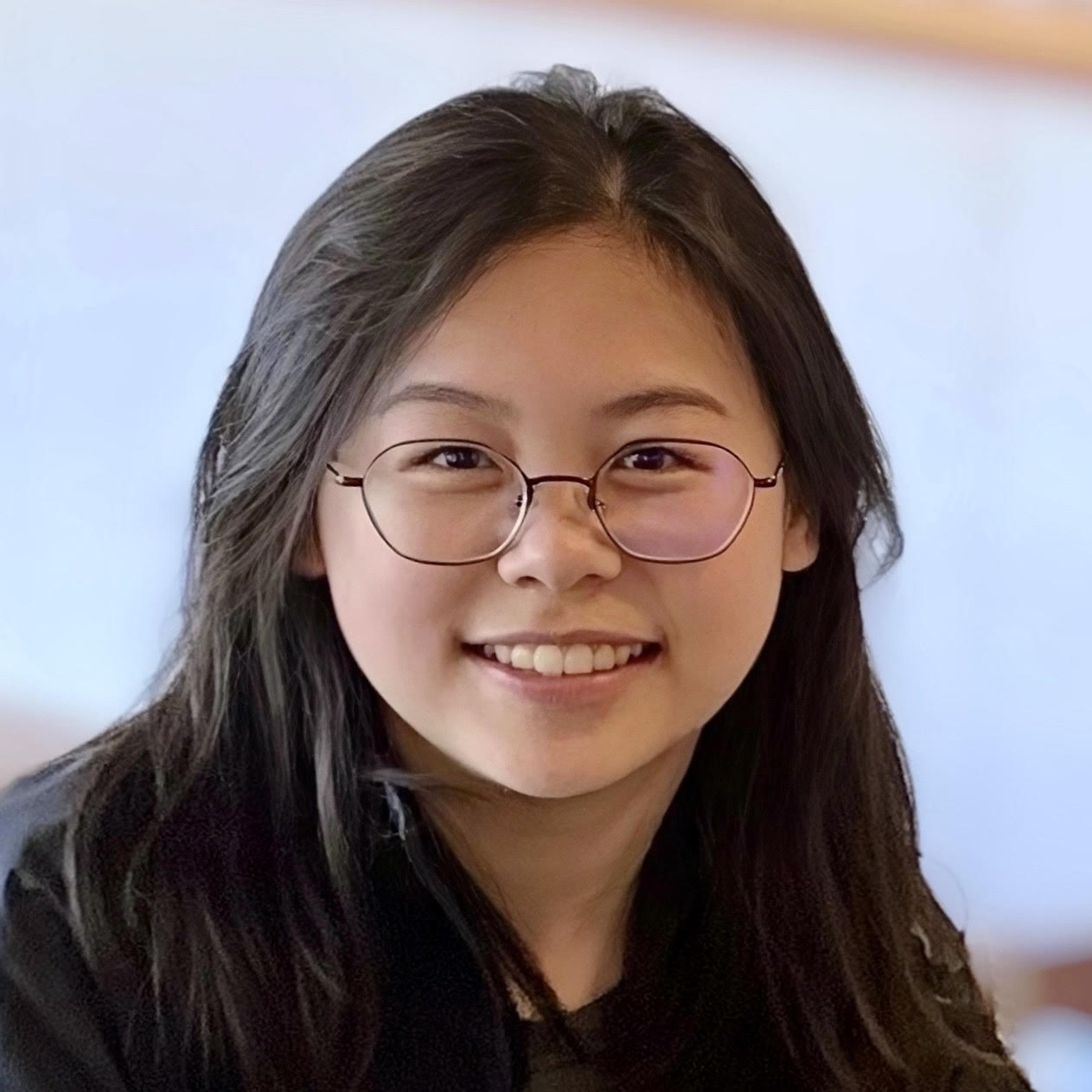Leadership

Tom Kemeny
Tom Kemeny is a Professor at the Munk School of Global Affairs & Public Policy at the University of Toronto, and a Visiting Senior Fellow in the International Inequalities Institute at the London School of Economics. His research addresses topics including technological change, productivity, migration, and public policy.

Dylan Connor
Dylan Connor is an associate professor at ASU’s School of Geographical Sciences and Urban Planning. As a computational social scientist and geographer, he studies how places shape human development, social inequality, and the transmission of advantages and disadvantages over extended historical periods.

Joel Suss
Joel Suss is a data journalist at the Financial Times and a visiting fellow at the LSE, jointly based in the International Inequalities Institute and Centre for Analysis of Social Exclusion. Dr Suss’ academic and journalistic work uses large datasets and computational methods to measure important economic and political phenomena.
Our team

Siqiao Xie
Siqiao Xie is a Postdoctoral Associate at the Institute of Behavioral Science (IBS) at the University of Colorado Boulder. As a spatial demographer and quantitative geographer, Siqiao’s research focuses on how technological advancements and regional developments influence population health and economic inequalities across regions and communities. Beyond academia, he has contributed to applied policy analysis and healthcare research, developing geospatial and quantitative strategies to support federal health policy decision-making.

Jiwon Jang
Jiwon Jang is a PhD student at the School of Geographical Sciences and Urban Planning at Arizona State University. As a Geographic Information Scientist and health geographer, Jiwon’s research focuses on how polarized neighborhood landscapes influence health disparities in later life. His expertise encompasses large-scale data manipulation, algorithm development, and spatial analysis.

Yilei Yu
Yilei Yu is a spatial scientist and geographer with a background in architecture and urban planning, specializing in flood vulnerability, the built environment, and social inequality. Her research focuses on flooding, the built environment, and social vulnerability, with a geographic emphasis on Houston, Texas. Her PhD dissertation advances the use of spatial data science to better understand, predict, and mitigate the vulnerability of the built environment to natural hazards. Integrating large-scale, high-resolution datasets on building characteristics, economic conditions, and hazard exposures, her work addresses challenges such as the modifiable areal unit problem and enables vulnerability assessments at a finer spatial scale.

Zhining Gu
Zhining Gu is a PhD student in School of Geographical Sciences and Urban Planning at Arizona State University. Her research focuses on leveraging Remote Sensing and Geospatial Artificial Intelligence (GeoAI) to understand socioeconomic activity in the United States.